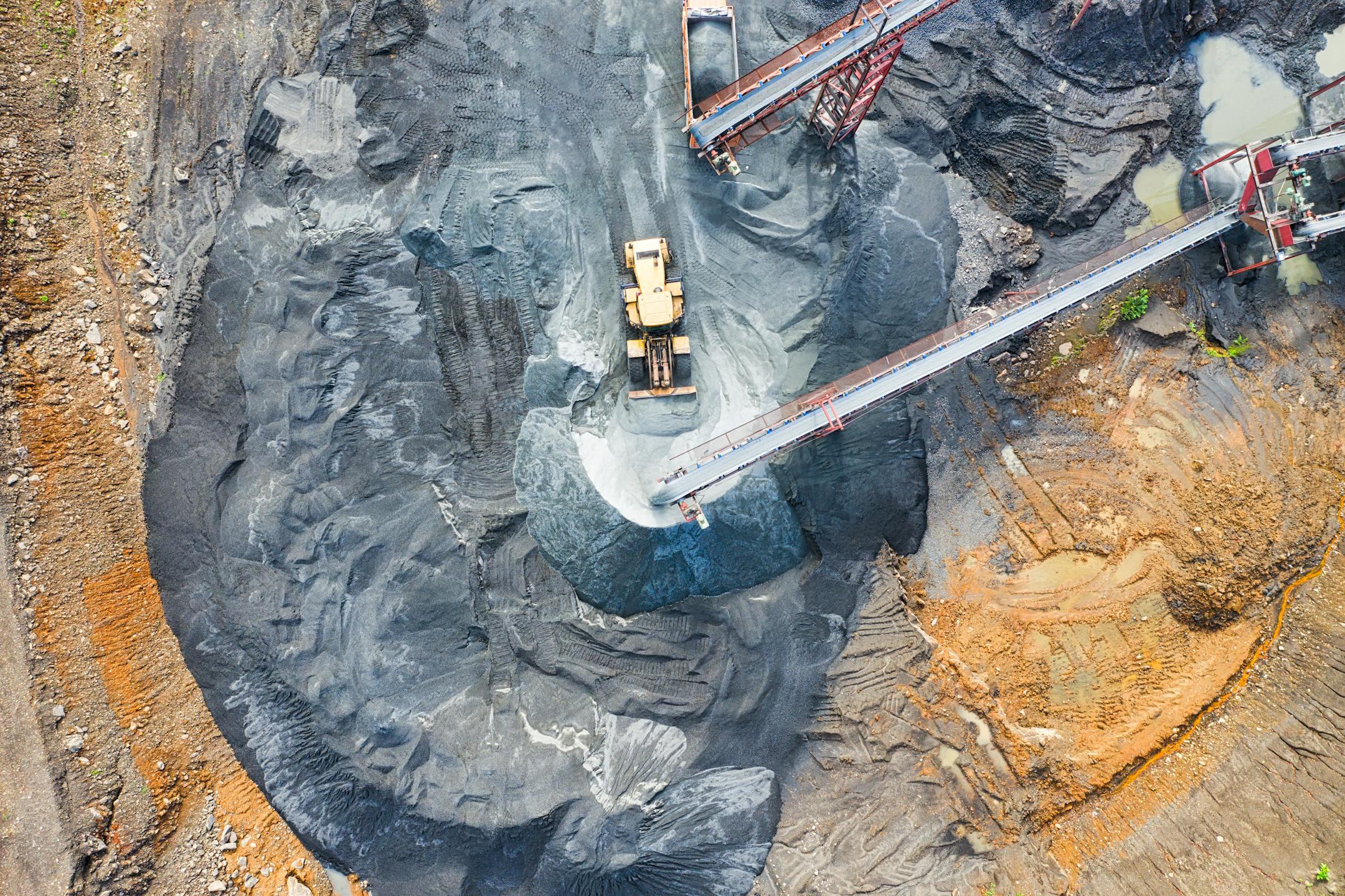
You may own the land—but do you own what’s beneath it? It’s a strange question. Oddly specific. But for millions of landowners across the United States, the answer can reshape everything they think they know about their property. And it all starts with two deceptively simple words: mineral rights.
Let’s unpack that. Slowly, thoroughly. Because this isn’t just a legal curiosity—it’s a financial fork in the road.
At its most basic, the mineral rights definition goes like this: mineral rights are the legal rights to explore for, produce, and profit from the minerals—like oil, natural gas, coal, or precious metals—found below the surface of a piece of land. Sounds straightforward, right? It’s not.
Because in many cases, mineral rights can be severed from surface rights. That means someone could own the land—walk it, farm it, build on it—and have no say whatsoever over what happens underneath. Conversely, someone else (perhaps someone you’ve never met) could have full authority to access your land, dig, drill, and extract the wealth that lies below. It’s a legal dance—sometimes cooperative, sometimes contentious.
Picture this. You buy a beautiful spread in Texas. Rolling hills, big sky, lots of potential. You plan to build. You start dreaming big. Then a letter arrives.
A company wants to conduct seismic testing on your property. Why? Because they, not you, own the mineral rights. Turns out, the previous owner sold those rights years ago—and never mentioned it. Legally, they didn’t have to. Welcome to the world of severed estates.
This isn’t rare. In fact, in resource-rich states—think Texas, Oklahoma, North Dakota, Wyoming—it’s common. Sometimes, families discover they own a sliver of mineral rights inherited from a grandparent they barely remember. Other times, landowners assume they own the whole pie when in reality, they’re holding crust and crumbs.
If you’re lucky enough to own mineral rights, you’ve got decisions to make—and each one carries weight.
This is where companies like Momentum Minerals step in. Backed by Apollo Global Management and decades of industry expertise, Momentum helps landowners across the country turn mineral assets into real capital—quickly, transparently, and with zero pressure.
Owning mineral rights can feel like winning the lottery—especially if you live above a productive shale play. But it’s not without complications.
Development can mean noise. Trucks. Wells. Legal agreements. For surface owners who don’t hold the mineral rights, it can also mean frustration—watching someone else profit while you deal with the fallout.
But for those who do hold the rights? It can be a game-changer. A financial cushion. A legacy asset. Something to sell, lease, or pass down.
Here’s the truth: whether you own 10 acres or 10,000, it’s worth knowing exactly what’s under your feet. Mineral rights might be buried in your title. They might be long gone. Or they might be your biggest untapped asset.
Either way, it’s better to find out now than to be surprised later. Because when it comes to minerals, uncertainty is the only guarantee—unless you take the time to dig deeper. Reach out to our team at Momentum Minerals to learn more about how we acquire and manage royalties across the United States.